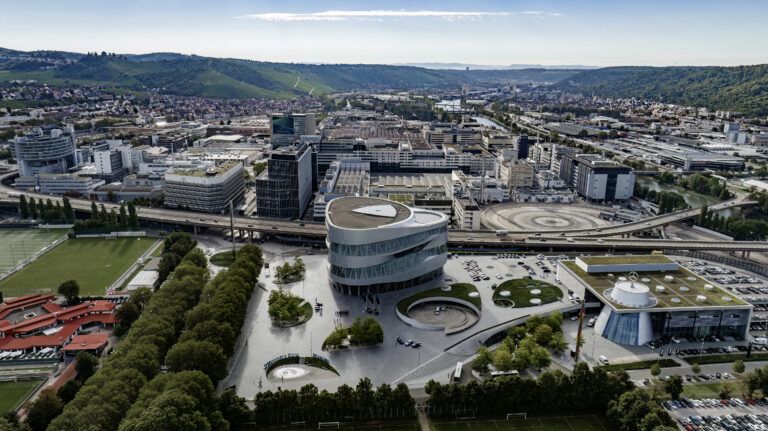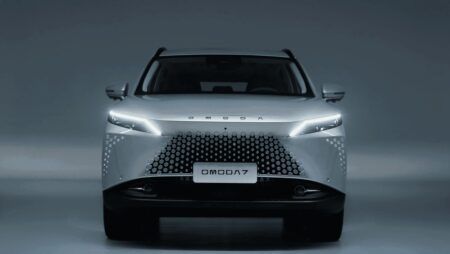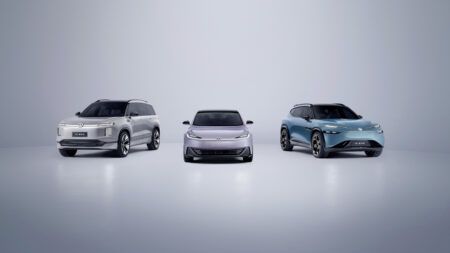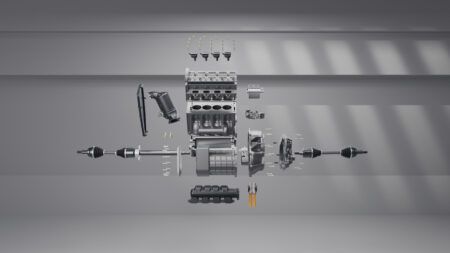Mercedes-Benz has unveiled its new eCampus at its Stuttgart-Untertürkheim headquarters, marking a significant step in the company’s commitment to EV technology. The facility, which opened in a ceremony attended by German Federal Minister Robert Habeck and Baden‑Württemberg’s Minister-President Winfried Kretschmann, will serve as a competence centre for cell and battery development for future electric vehicles.
The eCampus aims to develop innovative chemical compositions and optimized production processes for high-performance cells with “Mercedes-Benz DNA,” with the goal of reducing battery costs by more than 30 percent in the coming years. The facility covers the entire spectrum of battery and cell technology, from development and evaluation of new cell chemistries to industrial-scale cell production and testing of complete battery units.
Ola Källenius, Chairman of the Board of Management of Mercedes-Benz Group AG, emphasized the importance of the eCampus in the company’s sustainable business strategy, stating it, “signifies a clear commitment to a more sustainable future and to the long heritage of our Stuttgart-Untertürkheim location.”
The eCampus will operate in two stages. The first stage, already operational, includes a 10,000-square-metre factory for industrial production of battery cells. The “Industrial Cell Lab” can produce tens of thousands of cells annually for developing future battery generations. The second stage, set to be completed by the end of the year, will house a battery ramp-up factory and a test and proving centre.
“At the new eCampus, we can pool and expand our comprehensive research and development expertise across the entire electric drive system even more effectively,” says Markus Schäfer, Member of the Board of Management of Mercedes-Benz Group AG, Chief Technology Officer. “This offers us new opportunities for sustainable innovations in cell chemistry. In Untertürkheim, we cover the entire development process, from cell chemistry to certification. High-voltage batteries are at the heart of electric mobility and their cells are the key to efficiency, energy density and resource conservation. Our aim is to develop the perfect cell design with ‘Mercedes-Benz DNA’ here in Untertürkheim and to incorporate it into our suppliers’ future battery cell generations.”
Mercedes-Benz is developing various cell chemistries, including lithium-ion cells with high-silicon anodes and cobalt-free cathode chemistries, as well as solid-state battery technology. The company aims to increase energy density to up to 900 Wh/l through these new technologies.
The eCampus is built on the site of former buildings with a rich history in combustion engine component production. As a competence centre for future drive technologies, it plays a crucial role in the transformation of the 120-year-old plant, positioning Mercedes-Benz at the forefront of electric vehicle innovation.





